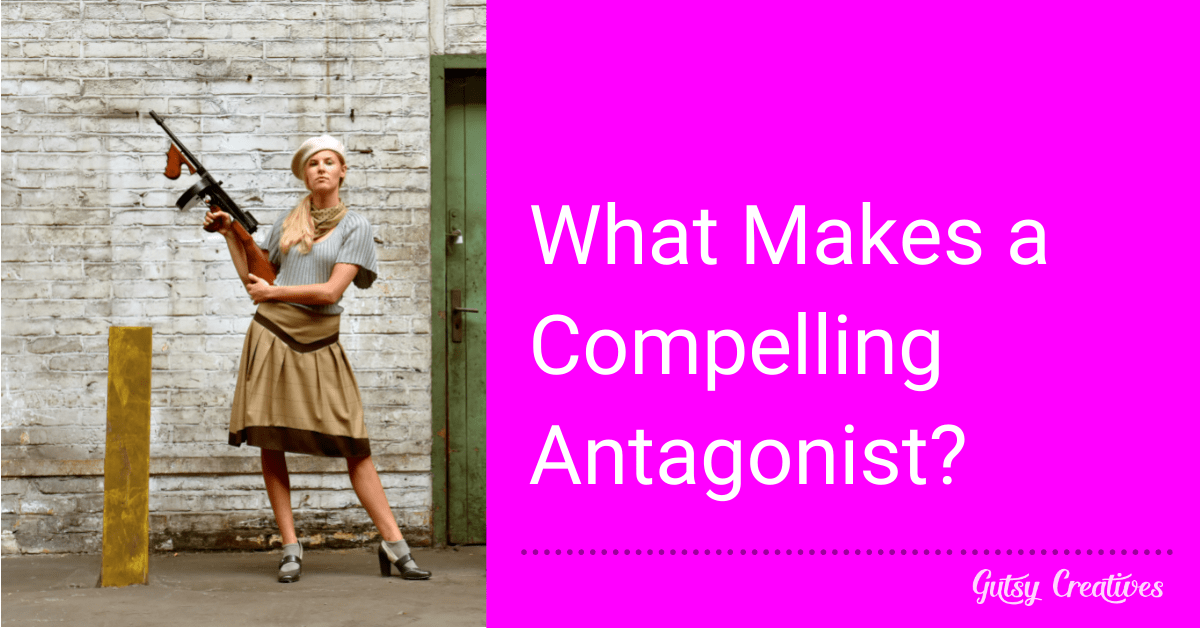

Whether it is a high school bully, or a psychotic clown with a penchant for unleashing chaos, or even an intergalactic warlord conquering the galaxies of the universe — every story has a villain. The villain is just as important as the hero, sometimes even more so.
If you’re a fiction writer, let me tell you something. I’m part of a lot of book fandoms, and what they all have in common is this: a love for the villains. I know readers who hate the hero but still love the book because the villain was formidable. I know readers who hate the book because the villain had a weak personality.
But what makes a villain interesting? What traits do readers—like me—look for in an antagonist? The days of evil, heartless, humourless villains who wreak havoc for the only purpose of satisfying their sadistic whims are long gone. Readers nowadays look for a nemesis with inner conflict and impressive intelligence. Because that’s who the real villains are: the ones who truly threaten to disrupt order, the ones who believe that what they do is right.
1. Intelligence
Once, villains were made out to look dumb and comical, a minor inconvenience to the hero’s plans. But as literature progresses with the times, we are seeing more complex characters. The Joker transformed from an insane cackling clown to a genuinely terrifying and sadistic madman who carries out the most elaborate plans—even outwitting the legendary Batman.
The Dark Lord, who was one of the most brilliant students Hogwarts had ever seen, was no mere dimwit seeking power and immortality. He was intelligent and cunning—his power was unmatched.
2. A Solid Backstory
What makes a hero? A desire to preserve the good in the world, the determination to fight for the rights of his loved ones? But what keeps her going against all odds? Often, it’s something she went through in her past that gives her determination to keep fighting.
Then what makes a villain? When his backstory plays a root cause in who he later becomes, we have the perfect antihero—while the hero learns from his mistakes, the antihero becomes the embodiment of his mistakes.
We need villains with solid backstories. We need to understand the reasons behind their actions, while also being aware that they had choices—and they chose the path of darkness.
3. Occasional Kindness
Villains—no matter how ruthless and unforgiving they appear to be—are still human, and an occasional act of kindness can serve as the perfect reminder of that fact.
Bellatrix Lestrange, perhaps the vilest woman in the Potter universe, was still kind towards the Black family house-elf. Pekka Rollins, from Six of Crows (by Leigh Bardugo), was the cruel Barrel-boss of Ketterdam, having ruined the lives of countless nameless kids. But his own son was more precious to him than his life. The Commandant, from An Ember in the Ashes (by Sabaa Tahir), was capable of at least one motherly act towards her newborn son (even if she did abandon him to the Tribespeople later…)
If your villain should have a weakness, give him a heart buried deep, deep down that surfaces at the unlikeliest instances. Make them care for a few people—a friend, a sibling, a lover, or even the hero of your story (if you want your readers to go crazy).
4. A Likeable Personality
The best villains are those who don’t always act like it; the ones who believe they’re the hero of their own story.
Make your villain someone readers can like. Give them humour and sarcasm. Give them sympathy and kindness. Give them pure intentions that are executed in the wrong way. Can the hero force some sense into them, or will they hold strong to their beliefs? Even better if they’re remorseful at the end when it’s too late to change anything.
Who doesn’t love a villain with a conscience?
5. Being Stronger than the Protagonist
What point is there of a villain who doesn’t even pose a challenge? What use is a villain who not just upsets the whole plot but creates a new one because of his actions? He has to be more resourceful, more powerful, more determined than the hero. Just as the hero loses everything if he fails, so should the villain.
A hero isn’t a hero if she isn’t tested to the ends of her limits. A villain isn’t a villain if he doesn’t make us truly anxious about the fate of our hero. If you’re writing a story, and you’re wondering if you need an antagonist who readers can hate or who readers can love—why not create one that we can both love and hate?

Sharika Hafeez
Sharika Hafeez is a nerd, and she’s proud of it. Growing up, she fell in love with books and writing, and is currently following her undergraduate degree (for some mysterious reasons) in Physics. She likes procrastinating by watching the stars with a steaming cup of tea, composing poetry in her head.


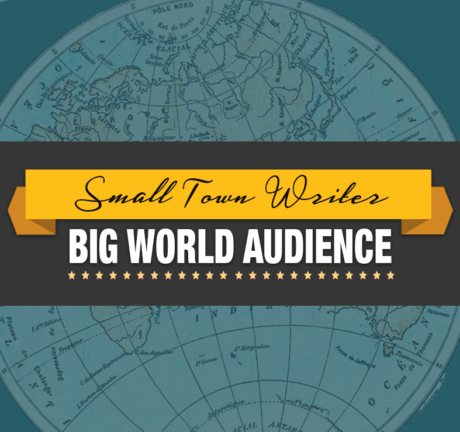
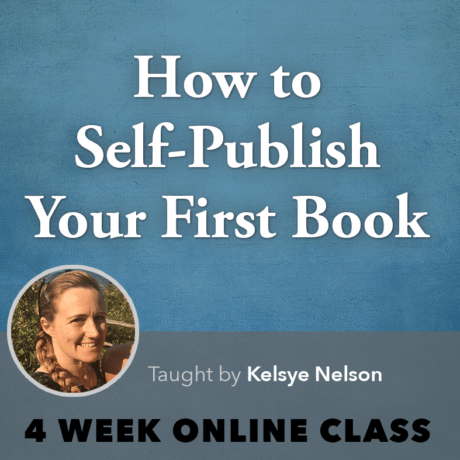
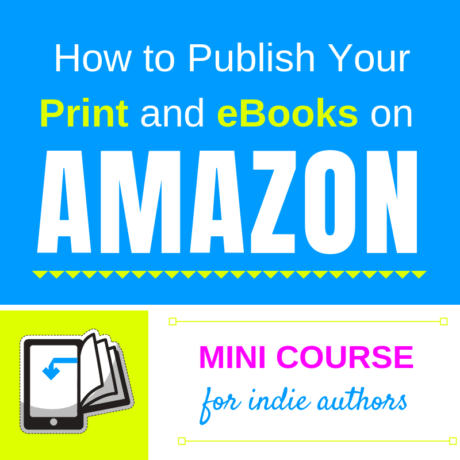
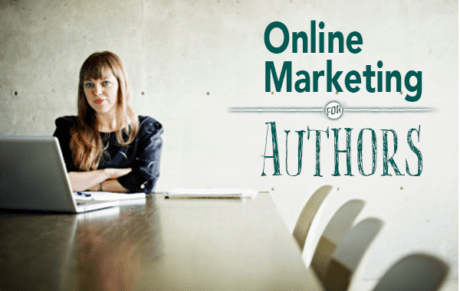
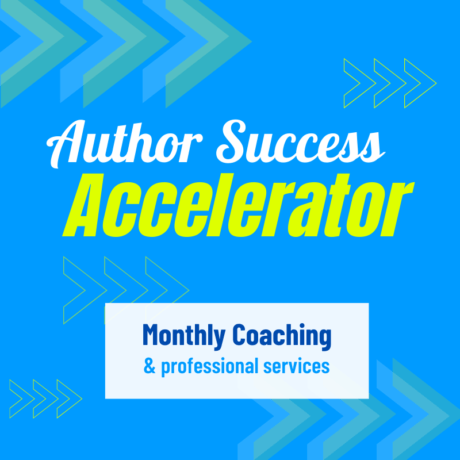
0 responses on "What Makes a Compelling Antagonist?"